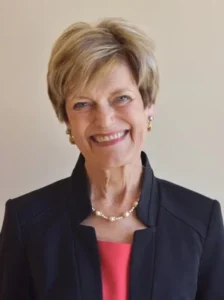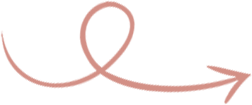Today I had the great pleasure of attending a luncheon where high school juniors and seniors were awarded scholarships for essays they had written on works of literature that had most impacted them and influenced their thinking and opinions. The question they were to answer in the essay was, “What work of literature has had the greatest impact on you, your view of the world, and your understanding of what it takes to b a person who makes a positive difference in the world? Please explain.”
We heard from five of the winners. Their choices ranged from science fiction to the classics. By paying attention to what the author was trying to say, these students gained new insights that changed their lives regardless of the genre.
The top award went to a young lady who wrote about the best selling memoir, Tuesdays with Morrie by Mitch Albom. Morrie had been Mitch’s sociology professor at Brandeis University years before and Mitch had always found him to be inspiring. Mitch was disturbed to learn that Morrie, his favorite professor, had developed ALS or Lou Gherig’s disease, a tragic diagnosis because of the devastating effect of the progressive loss of the use of the victim’s muscles.
Mitch went to visit Morrie, hoping to cheer him up, but instead found that Morrie cheered him up and was still inspiring him as he had done so many years ago in college. As Mitch returned, time and time again, to visit (always on a Tuesday) he began to record the insights and wisdom Morrie was sharing.
The young essay writer read her essay to the group following a buffet lunch at the country club, where the luncheon was held. She said she learned three lessons from Morrie, via Mitch Albom:
1. The way to live a meaningful life is to devote one’s self to others. As we help others, we help ourselves. Our writer told us she was becoming actively involved in her home, school, and community, volunteering at the local hospital.
2. Instead of seeing the negatives in one’s situation, see the positives. Although Morrie was ill and aging, he saw aging as a time to grow, to learn, and to live a better life because of it. Morrie told Mitch that as we age, we find our true purpose in life and we progress forward by doing more, experiencing more, and seeing more. Everyone, he said, has something to contribute. Never think what you have to offer is not important.
3. Morrie helped Mitch see death in a new way. “As long as we can love each other and remember this feeling of love, we can live on in the hearts of everyone we have touched and nurtured.” Death, Morrie said, ends a life, not a relationship.
Indeed, Morrie found his true purpose with the help of his old student, Mitch Albom, who shared his wisdom with millions in the best seller Mitch wrote. Even as Morrie predicted, he had much to offer from his confined situation which touch the lives of those he would never personally meet.
What about you? Do you feel you have nothing to offer? Remember Morrie. Take what you have and use it in some way to help somebody. You will soon see what a difference it makes to that somebody. Your life will take on a whole new meaning.

